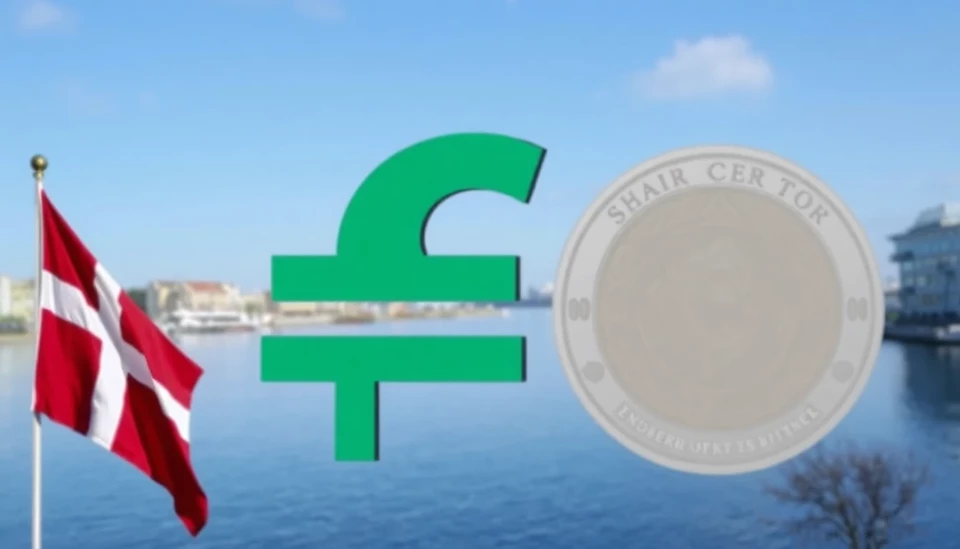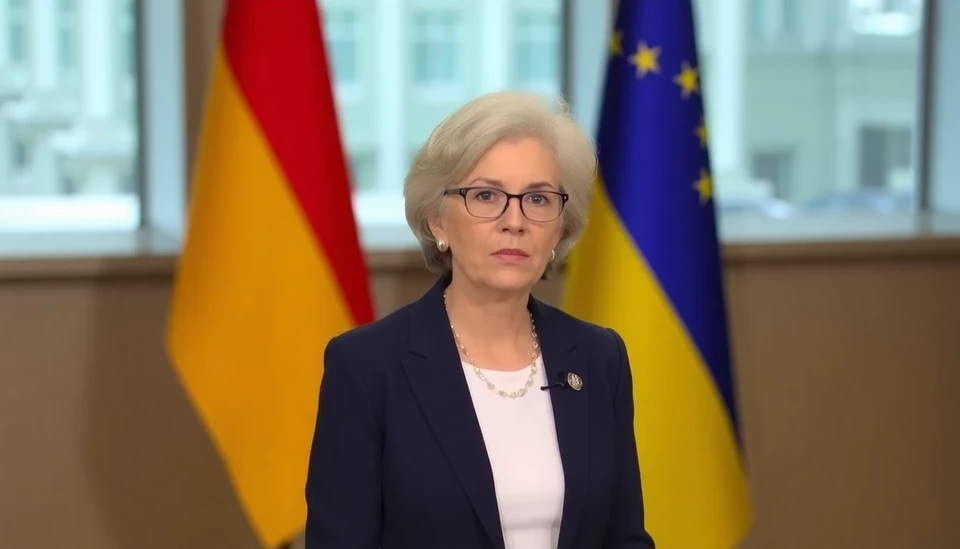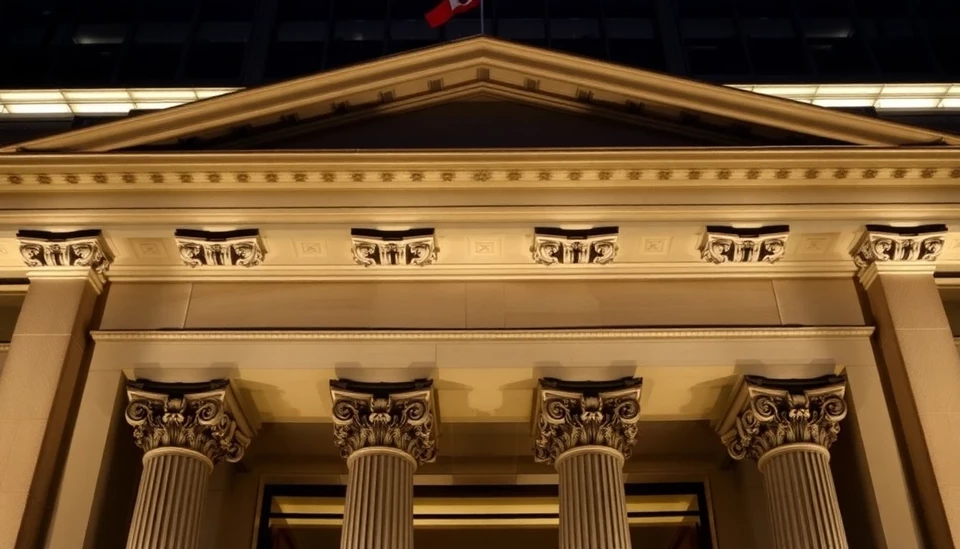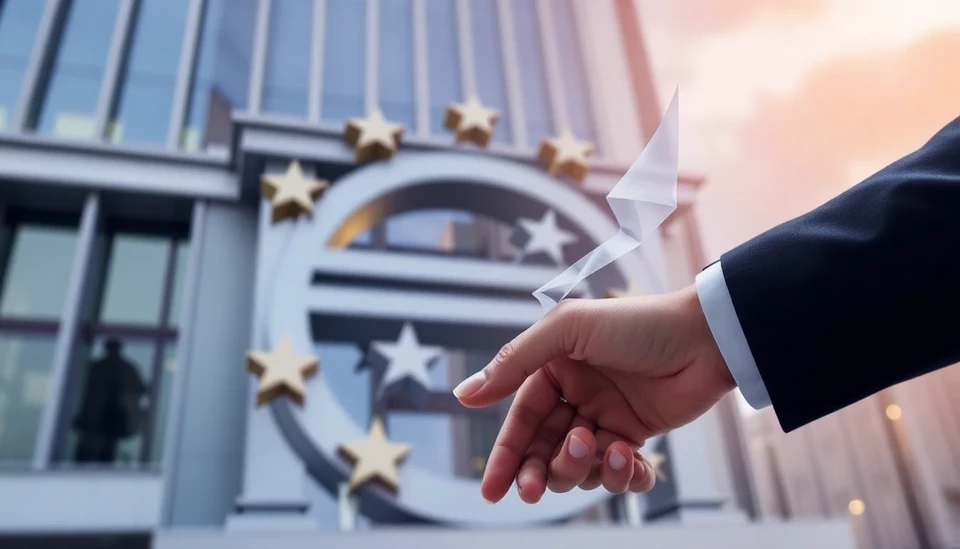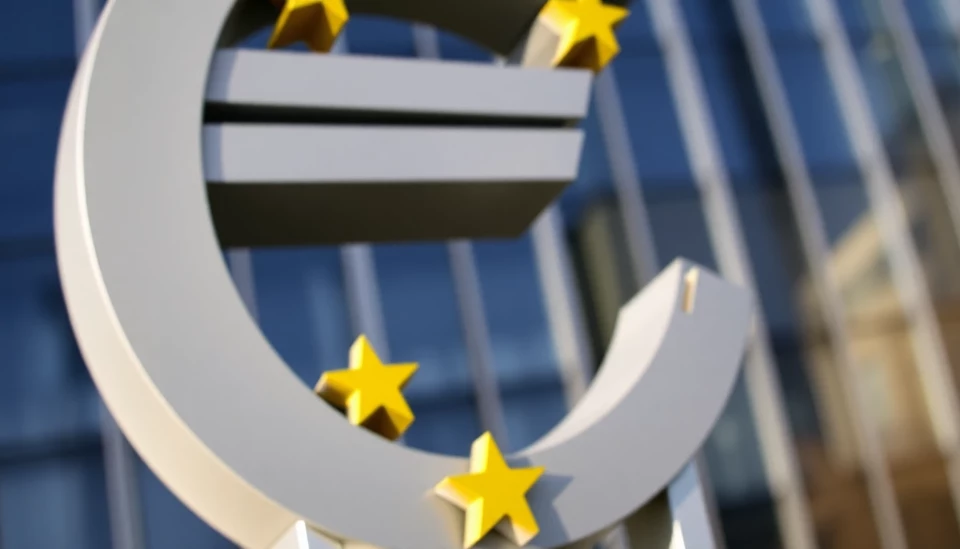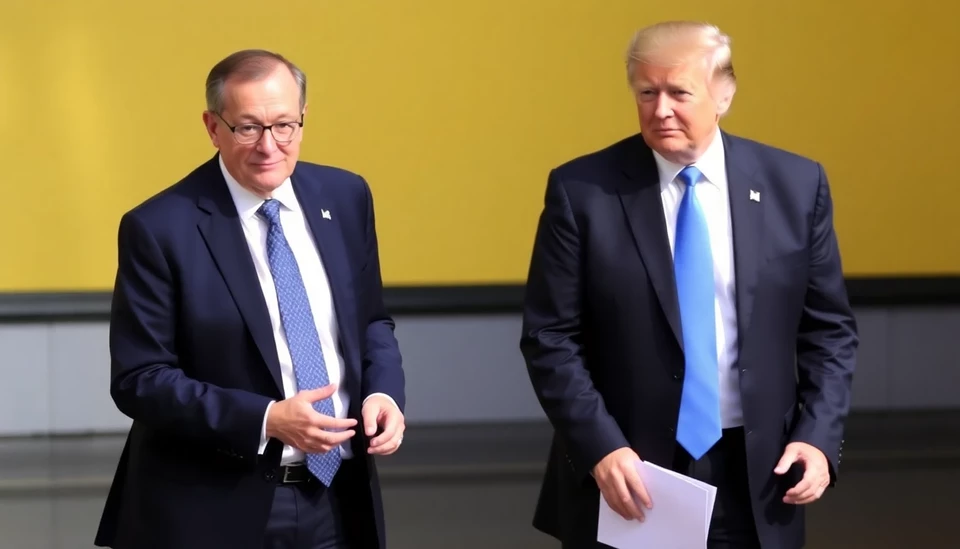
The European Central Bank's (ECB) executive board member, François Villeroy de Galhau, has expressed approval of recent economic measures taken by former President Donald Trump. Villeroy's remarks come at a time when Europe is facing significant financial uncertainty and a cautious outlook for growth.
During a recent speech, Villeroy commended Trump for stepping back from previously enacted tariffs that had strained international trade relations. These tariffs, according to Villeroy, were detrimental not only to the U.S. economy but also to Europe and the rest of the world. In his address, he emphasized the importance of fostering a cooperative global trade environment to ensure mutual growth and stability.
Villeroy pointed out that economic isolationism, as demonstrated through tariffs and trade barriers, undermines progress and creates unnecessary friction in international markets. He highlighted that Trump's decision to rollback these tariffs could pave the way for improved economic relations, which are crucial for both sides of the Atlantic. He urged European policymakers to take note of this shift and to reconsider their own trade strategies in response to the changing global landscape.
Despite his endorsement of Trump's moves, Villeroy acknowledged the challenges ahead for Europe. With inflation rates still hovering at elevated levels and growth prospects dimmed by ongoing geopolitical tensions, he emphasized the need for the ECB to remain vigilant. He noted that economic recovery in Europe would require more than just favorable international conditions; it would also need robust domestic policies and coordinated efforts across member states.
Furthermore, Villeroy's reflections on the potential benefits of Trump's economic decisions resonate with various economists, who believe that a reduction in tariffs will benefit consumers through lower prices and greater availability of goods. However, they also caution that the transition could take time, especially as companies adjust to the new trading environment.
As Europe grapples with internal challenges such as energy crises and sluggish economic growth, leaders will be keenly observing the unfolding situation in the U.S. European economies rely heavily on trade, making the future of transatlantic relations critical to their recovery and long-term financial health.
In conclusion, Villeroy's supportive comments on Trump's trade policies encapsulate a broader hope for rekindled economic collaboration between the U.S. and Europe. Whether this optimistic outlook translates into tangible results remains to be seen, but the recognition of the importance of fair and open trade is a step forward for both regions.
#ECB #Villeroy #Trump #TradeRelations #EuropeanEconomy #GlobalTrade #EconomicGrowth #Tariffs
Author: Laura Mitchell
